Partnership projects
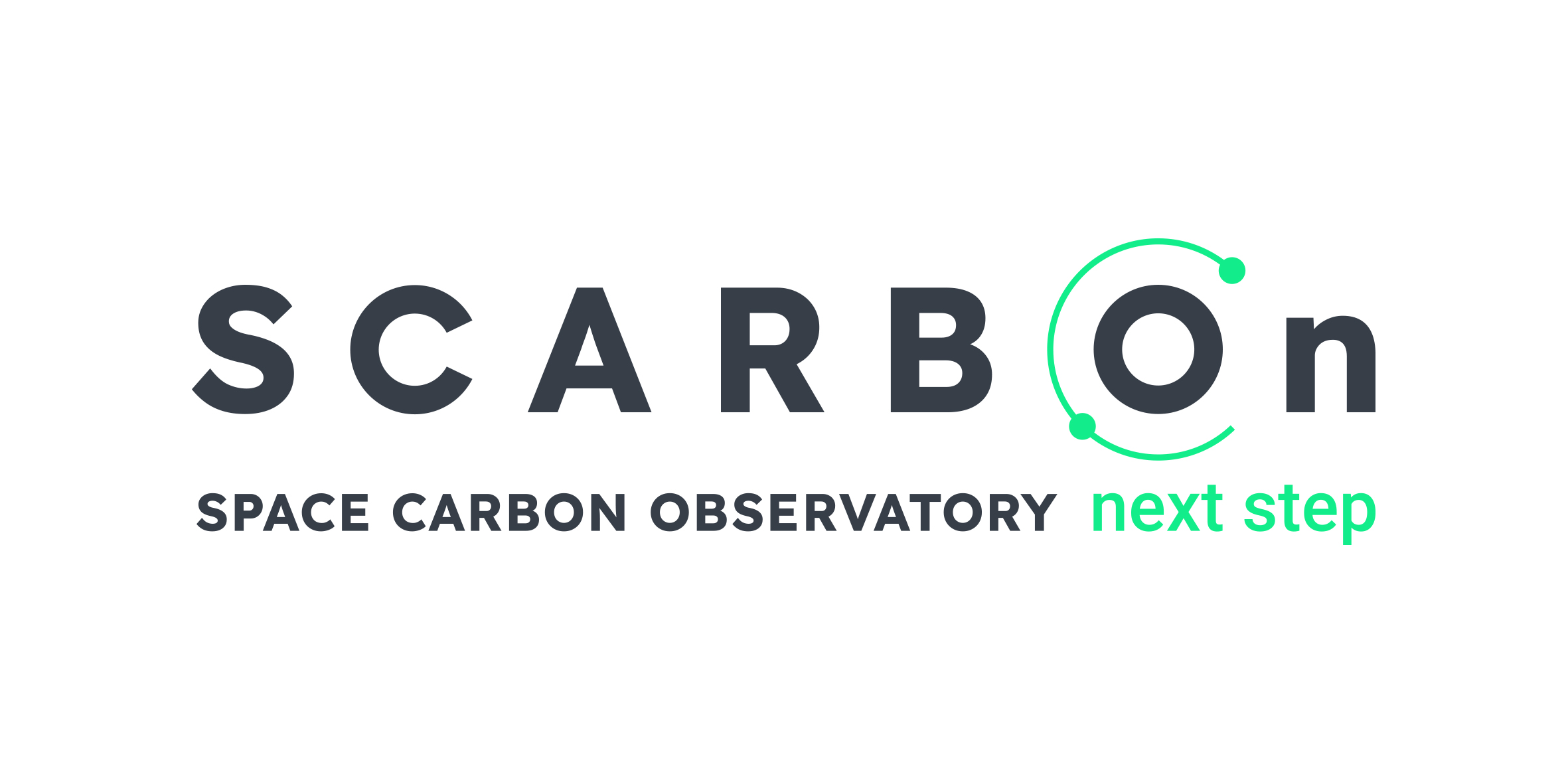 Space CARbon Observatory Next step (SCARBOn)
Space CARbon Observatory Next step (SCARBOn)
The SCARBOn project (grant agreement number: 101135301) is a continuation of the Horizon 2020 SCARBO project led by Airbus Defence and Space in Toulouse, France. This multidisciplinary project is being carried out by a diverse team from the space industry, SMEs and scientific institutions. The SCARBOn project aims to complete the technical and industrial definition of the NanoCarb tool and the SCARBOn constellation, focusing on the operational availability of the system by the end of the decade. The design of the NanoCarb tool will be modernised and improved following the results of the previous SCARBO study and its performances will be carefully modelled. SCARBOn's daily CO2 and CH4 data from anthropogenic emission monitoring, based on new European breakthrough technologies, will be a valuable contributor to the European Commission's efforts to combat climate change.
 Monitoring and detection of biotic and abiotic pollutants by electronic, plants and microorganisms based sensors (Mobiles)
Monitoring and detection of biotic and abiotic pollutants by electronic, plants and microorganisms based sensors (Mobiles)
The Mobiles project (grant agreement number: 101135402) seeks to address the absence of validated portable biosensors for air, soil and water quality control, focusing on pathogens, emerging group chemicals (CECs) and persistent mobile chemicals (PMCs). Project objectives include the development of electronic biosensors for monitoring organic chemicals and antimicrobial resistance, organism-based biosensors for detecting pollution, environmental impact assessments, the conduct of metagenomic analyses for various functions, and environmental safety tests. Biosensors based on organisms will include genetically modified chemiluminescent bacteria, plants and marine diatoms.
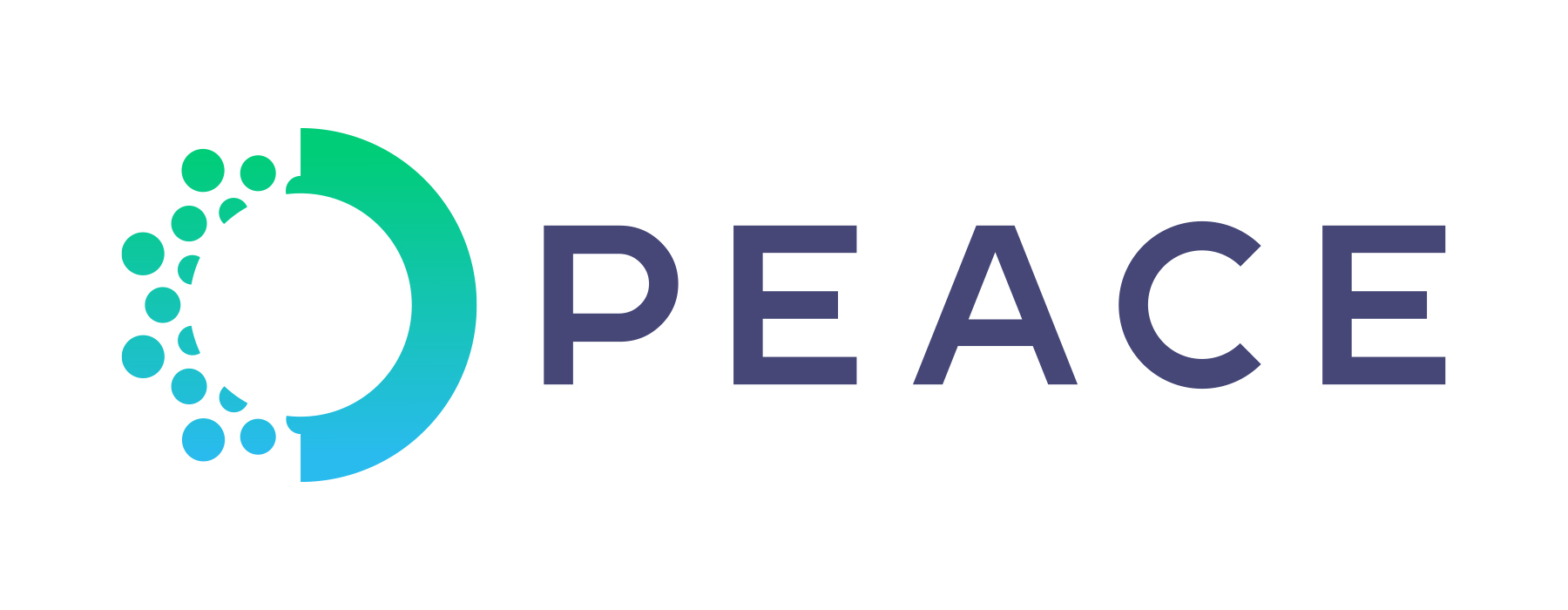 Pressurized Efficient Alkaline Electrolyser (PEACE)
Pressurized Efficient Alkaline Electrolyser (PEACE)
The PEACE project (grant agreement number: 101101343) contributes to a substantial reduction of hydrogen production costs. It aims to demonstrate an innovative solution in the field of hydrogen production through high-pressure alkaline electrolysis (AEL), which itself displays low investment costs. PEACE will increase the efficiency of the stack and maximum current densities, as well as enable better integration of the hydrogen production with its subsequent use. PEACE will develop an AEL system demonstrator (>50 kW) capable of operating at pressures of up to 90 bar, thanks to the new concept of two-stage pressurisation. Thanks to the PEACE technology, an AEL system will be available, which will lead to a significant reduction in the cost of green hydrogen production when renewables are involved in the production cycle. The project also carries out a life cycle analysis (LCA) to quantify the environmental impacts of the innovative technology. It will also focus on better integration of AEL hydrogen production with its subsequent use within the chemical industry (downstream processes), with a view to early commercialisation of the system.
The project is funded by the Clean Hydrogen Partnership under Horizon Europe. PEACE is led by German Aerospace Center (DLR) and implemented by a consortium of scientific research institutions, industrial suppliers and one of the world's largest hydrogen production and processing companies. Grant Garant, is a proud member of the consortium and is in charge of the communication and dissemination activities of the project. More information: PEACE.
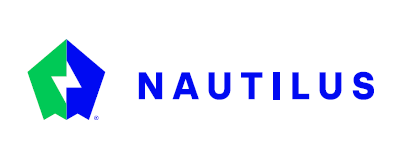 Nautical Integrated Hybrid Energy System for Long-haul Cruise Ships (NAUTILUS)
Nautical Integrated Hybrid Energy System for Long-haul Cruise Ships (NAUTILUS)
The NAUTILUS project (grant agreement number: 861647) focuses on the development, assessment and testing of a highly efficient and dynamic integrated marine energy system powered by liquefied natural gas (LNG) for ocean-going cruise ships. This energy system is responsible for meeting all the energy and thermal needs of the vessel. The hybrid system consisting of fuel cells with solid oxides and batteries can be combined with current internal combustion engines, which will be gradually replaced by this hybrid system. The project develops a prototype and digital demonstrator of a fully integrative energy system in sizes 5-60 MW for two types of ocean-going ships (for 1000 and more than 5000 passengers). The design itself, including its functional design, together with the prototype, will be assessed and tested for compliance with maritime safety regulations and the objectives of the International Maritime Organization (IMO) by 2030.
The project brings in a consortium of key actors in maritime passenger transport including ship operators, shipbuilders, marine engine builders, marine regulatory companies, and technology developers supported by research organizations from across Europe. More information: Nautilus.
 STI International Cooperation Network for Central Asian Countries (IncoNet CA)
STI International Cooperation Network for Central Asian Countries (IncoNet CA)
The project aims to support the advancement of the bi-regional STI policy dialogue between the EU MS/AC and the Central Asian countries, with an explicit focus on the Societal Challenges that have been identified to be of mutual interest for the two regions: Climate Change, Energy and Health. The project will identify actions and stakeholders and will implement innovative pilot activities to strengthen the coordination and impact of individual actions. Regarding policy dialogue, the project will provide analytical evidence and monitoring that feeds the dialogue and supports joint agenda-setting. Specifically, links with the EU technology platforms will be established allowing mutual learning and exchange of best practices for enhanced public-private partnerships between the two regions.
The proposed project will build on the experience of the previous projects in the region (IncoNet EECA and IncoNet CA/SC) and will develop synergies with the forthcoming project targeting the Eastern Partnership countries. More information: Inconet CA.
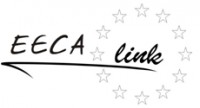 Promotion and facilitation of international cooperation with Eastern European and Central Asian Countries (EECAlink)
Promotion and facilitation of international cooperation with Eastern European and Central Asian Countries (EECAlink)
The EECAlink is a coordination action aimed at the identification of joint research priorities of the EU and EECA countries and strengthening scientific collaboration among them. International Cooperation Partner Countries targeted by our proposal are Armenia, Belarus, Georgia, Kazakhstan, Moldova, Russia, Ukraine and Uzbekistan.
The consortium gathers partners from Armenia, Belarus, the Czech Republic, Georgia, Hungary, Italy, Kazakhstan, Moldova, Poland, Russia, Ukraine, and Uzbekistan. Our company is one of the partners responsible for the project administration and ensures the technical and organizational support to the First Medical Faculty of Charles University in Prague. The implementation of the project was planned for the years 2009 – 2011.
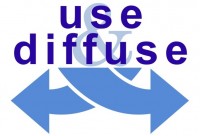 Support of dissemination and exploitation of results obtained in research projects realized with the participation of the SME sector (USEandDIFFUSE)
Support of dissemination and exploitation of results obtained in research projects realized with the participation of the SME sector (USEandDIFFUSE)
The Strategic Objective of the USEandDIFFUSE project is to enhance the dissemination and exploitation of research results and facilitate the exchange of best practices in this area. Best practice will be extracted and will provide a solid platform upon which ongoing and future projects can build in order to contribute to a European Research Area that has a true impact on the competitiveness of SMEs, the pillar of the EU economy. Furthermore, in order to enrich the results of this project, the effort will also be dedicated to looking at the various different schemes which are being carried out at national and regional levels across Europe. Such schemes might include initiatives to foment the participation of SMEs in the RTD initiatives, both regional and transnational level RTD cooperation, as well as initiatives for fomenting the transfer of best practices in the area of the dissemination and exploitation of research results from these schemes to the European level. It is expected that this project will add significant value to the European research effort and its results will serve to enrich RTD activities involving SMEs.
"Strategic Guide to Successful Use and Dissemination of the Results of Research and Development Projects" download: Strategický průvodce - Use&Diffuse.
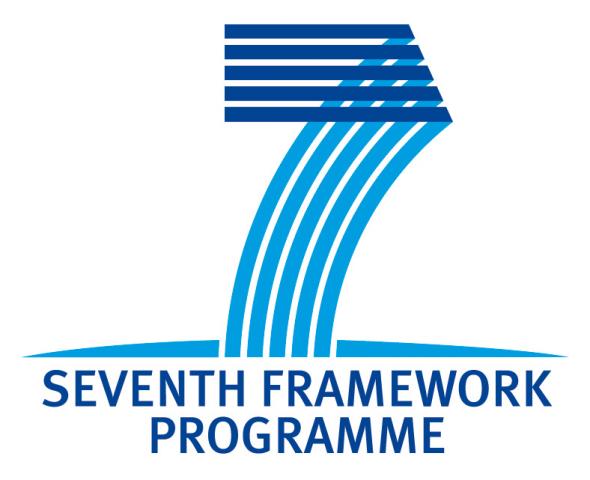 FP7 Coach: Vehicle to success
FP7 Coach: Vehicle to success
Our company is a member of the informal European Network of Commercial consultants for the 7th Framework Programme. As one of the group members, we edit the online version of the manual, which is focused on the preparation and effective management of R&D projects funded from European sources. The editorial board of this publication is composed of the regional consulting commercial companies for the 7th Framework Programme.



